In textile manufacturing, color is not just an aesthetic feature — it’s a symbol of quality, precision, and craftsmanship. Fabric dyeing plays a vital role in achieving the desired tone, ensuring long-lasting durability, and enhancing the overall appeal of the fabric.
In this article, we explore what fabric dyeing is, how the industrial dyeing process works, and how Batmaz Textile, one of Turkey’s leading textile manufacturers, stands out with its advanced dyeing capabilities.
What Is Fabric Dyeing?
Fabric dyeing is the process of coloring raw or processed fabrics by applying dyes that bond with the fiber structure. The goal is to achieve:
- A uniform and consistent color appearance
- Resistance to washing, light, and friction
- Improved texture and surface quality
Poorly executed dyeing can result in fading, uneven tones, or staining — which is why precision and process control are essential.
Industrial Fabric Dyeing Process
Unlike sample or lab-scale dyeing, industrial fabric dyeing involves large-scale operations managed under strict process control. The main stages include:
- Pre-Treatment
The fabric is washed and scoured to remove any oil, dirt, or sizing residues. This ensures even dye penetration. - Dye Selection and Method
Depending on the fiber type, a suitable dye and method are chosen:- Disperse dyeing – for synthetic fibers such as polyester
- Acid dyeing – for silk and wool
- Reactive dyeing – for natural fibers like cotton
- Dyeing Process
Fabrics are dyed in batch (discontinuous) or continuous dyeing machines. Temperature, pH, and time are carefully monitored to achieve uniform coloration. - Fixation and Rinsing
Heat or chemical fixation helps the dye bond firmly with the fiber. Excess dye is removed by rinsing. - Finishing
Additional treatments enhance fabric properties — for instance, softness, water repellence, or antibacterial protection. - Quality Control
Each batch undergoes rigorous testing for color fastness, tone consistency, and mechanical strength.
The Batmaz Tekstil Difference
With decades of experience, Batmaz Textile has become a trusted name in fabric and yarn dyeing in Turkey. Our company combines technology, know-how, and sustainability to deliver consistent results across all fabric types.
- The company applies disperse, acid, and reactive dyeing processes suitable for different fiber compositions, ensuring uniform color distribution and high color fastness.
- We operate with a monthly dyeing capacity of 180 tons, serving a wide range of textile clients.
- Batmaz Textile prioritizes environmentally responsible production, using optimized chemical quantities and sustainable energy practices.
- With expertise in both traditional (silk, cotton) and modern synthetic fabrics, it combines craftsmanship with innovation.
These advantages make Batmaz Textile a preferred partner for customers seeking reliable, high-quality fabric dyeing in Turkey.
Factors That Ensure High-Quality Dyeing
| Factor | Importance |
|---|---|
| Fiber Type | Determines the correct dyeing method and dye class |
| Pre-Treatment | Ensures fabric cleanliness and uniform absorption |
| Dye Chemistry | High-purity dyes ensure vibrant, stable colors |
| Process Control | Temperature, pressure, and time management |
| Machine Uniformity | Guarantees even dyeing across the entire fabric width |
| Color Standardization | Ensures repeatable results in large-scale production |
| Environmental Responsibility | Reduces chemical waste and water pollution |
Conclusion
Fabric dyeing is one of the most technical and delicate stages in textile production. It requires not only expertise but also advanced technology and environmental awareness.
With our integrated production facilities, sustainability-driven approach, and commitment to quality, We continue to represent the best of industrial fabric dyeing in Turkey — where precision meets color, and color meets perfection.
